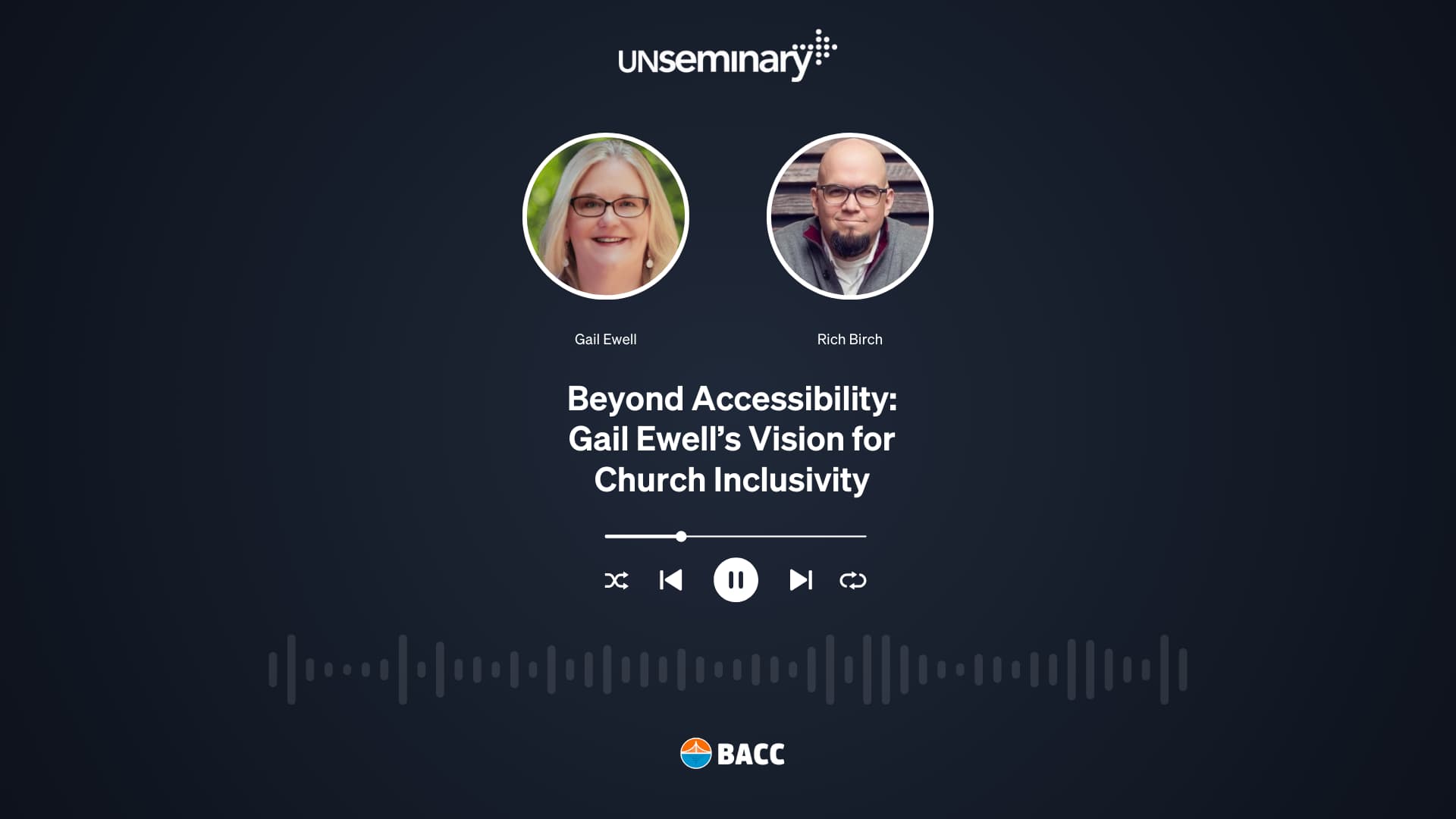Sign up for The Good Stuff
Our weekly newsletter filled with news, updates, and inspiring stories of how God is working in the Bay Area.
"*" indicates required fields
Sign up for The Good Stuff
Our weekly newsletter filled with news, updates, and inspiring stories of how God is working in the Bay Area.
"*" indicates required fields
Amongst the teenagers I work with, there is perhaps no more beloved movie than Mean Girls, the 2004 Lindsay Lohan flick that hilariously portrays the cliquey world most high school girls live in. Although the movie is (slightly) exaggerated, any parent knows that hurt feelings and drama are a major part of teen relationships.
As a parent, how do you help your daughter through this… without becoming too overprotective or ignoring her feelings? Successful parents take everything with a grain of salt, look for purpose in their daughter’s pain, and work hard to set a personal example.
1. Take everything with a grain of salt
The person who tells one side of a story seems right,
until someone else comes and asks questions.Proverbs 18:17 (NCV)
Parents beware: whenever your teenage daughter seems like the innocent victim of other girls’ attitudes or actions, something is probably fishy. While the occasional random bully may appear in your daughter’s life, remember that the majority of girl drama has at least 2 sides—and you are only hearing one of them.
Your daughter needs a safe and neutral place where she can unload her feelings. Comfort her and reassure her, but if you begin to feel your mother-bear instinct take over and you want to march over to those girls and give them a taste of their own medicine, you are probably going too far. Don’t let your daughter be a victim. Believing and indulging her emotions will not help her take responsibility and learn to handle difficult relationships, which is an important part of her social and emotional development.
Remember to stay calm and take your daughter’s stories with a proverbial grain of salt. Ask a lot of questions and try to understand the whole situation, so you can help her gain perspective.
2. Look for purpose in everything (and teach your daughter to do the same!)
Some of life’s most important lessons begin with pain and hurt feelings. When asked how parents can encourage their kids to get involved in causes they care about, Nancy Lublin, CEO of DoSomething.org, says:
Don’t ask, What do you like? Instead, ask, What makes you mad? What would you change if you could?
She points out that the things that make us mad and cause us pain are the very things that can motivate us to change the world we live in.
We know that in everything God works for the good of those who love him.
Romans 8:28 (NCV)
In the Bible we see that God has a good purpose in everything that happens to us. He uses the challenges in our lives to transform us into the people we are supposed to become. Friends who hurt us and betray us teach us to speak up for ourselves, be merciful, and ultimately desire a more stable friendship with the God who will never leave us.
When your daughter is having a difficult time in her relationships, work on giving her a bigger vision of who God is trying to help her become – perhaps a courageous and compassionate leader who really makes a difference in the world. Help her see ways she can change and be victorious, regardless of how others treat her.
3. Set the example
So you should obey and follow whatever they tell you, but their lives are not good examples for you to follow. They tell you to do things, but they themselves don’t do them.
Matthew 23:3 (NCV)
One of the best things any of us can do to help a teenager with their relationships is to look at our own personal example. Here are some helpful questions to ask ourselves:
- How do you handle when someone hurts your feelings, or treats you unfairly?
- If your daughter followed your example in vulnerability, honesty, and forgiveness, where would she be?
- Do you persevere in relationships that are difficult, or give up and settle for being distant?
Nurturing your own relationships will not only give your daughter a positive example to follow, but it will also relieve you. You’ll realize other parents face the same battles and you will even be able to trade insights on how to help your kids.
Set up time to grab coffee or hang out with friends of your own, and resolve any relationships that need mending. Your daughter will notice and you will feel much happier!

Written by
Amy Query
Amy Query is an editor of BACC Inspire and avid reader. She studied psychology at the University of California, Berkeley, and has over a decade of experience in mentoring, counseling and community organizing.
How the simple step of a church extending friendship can transform a community.
Mother’s Day gives us the chance to celebrate the moms, mothers-to-be, and maternal figures in our lives
God’s desire is that Jesus lives in all of us, which is why we are passionate advocates for inclusion in the church.


